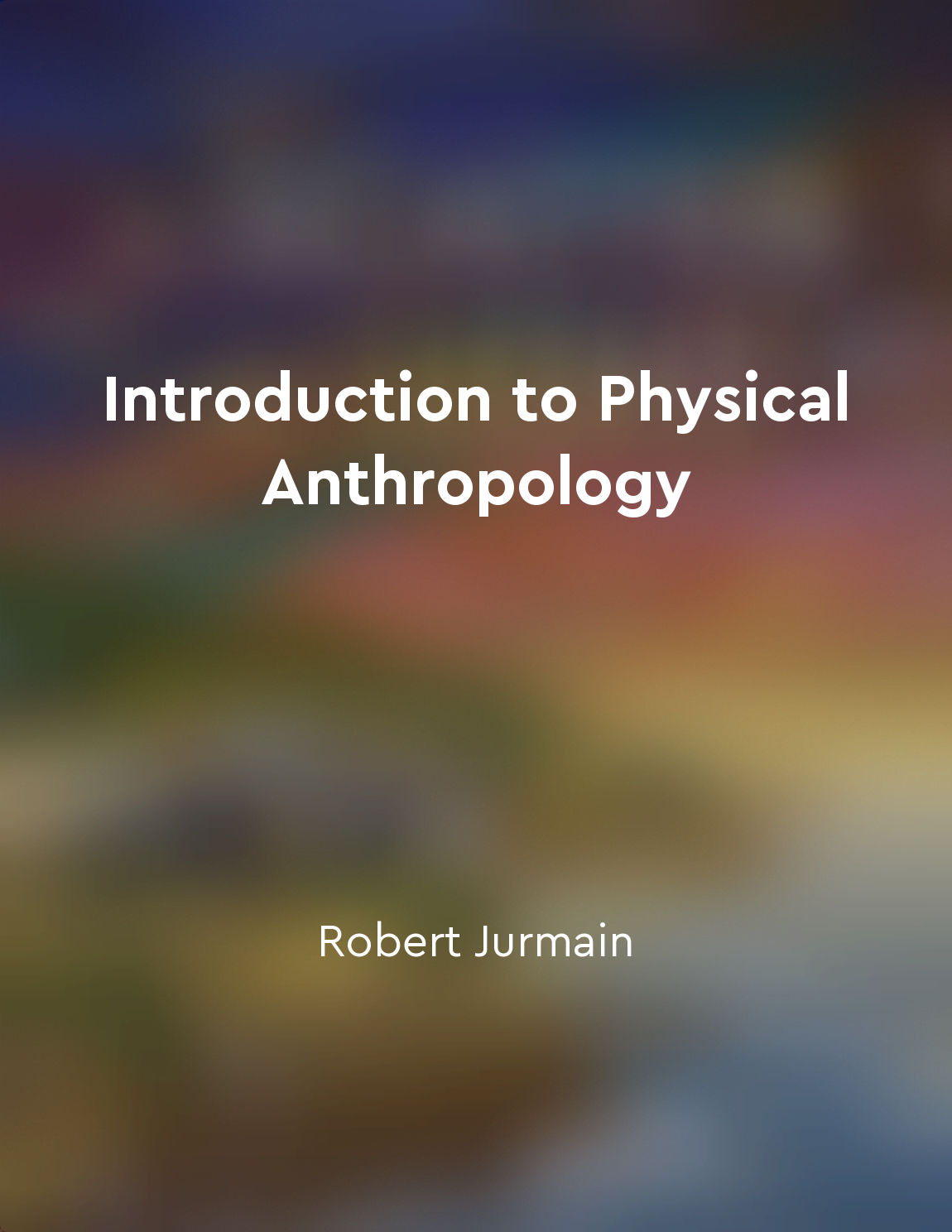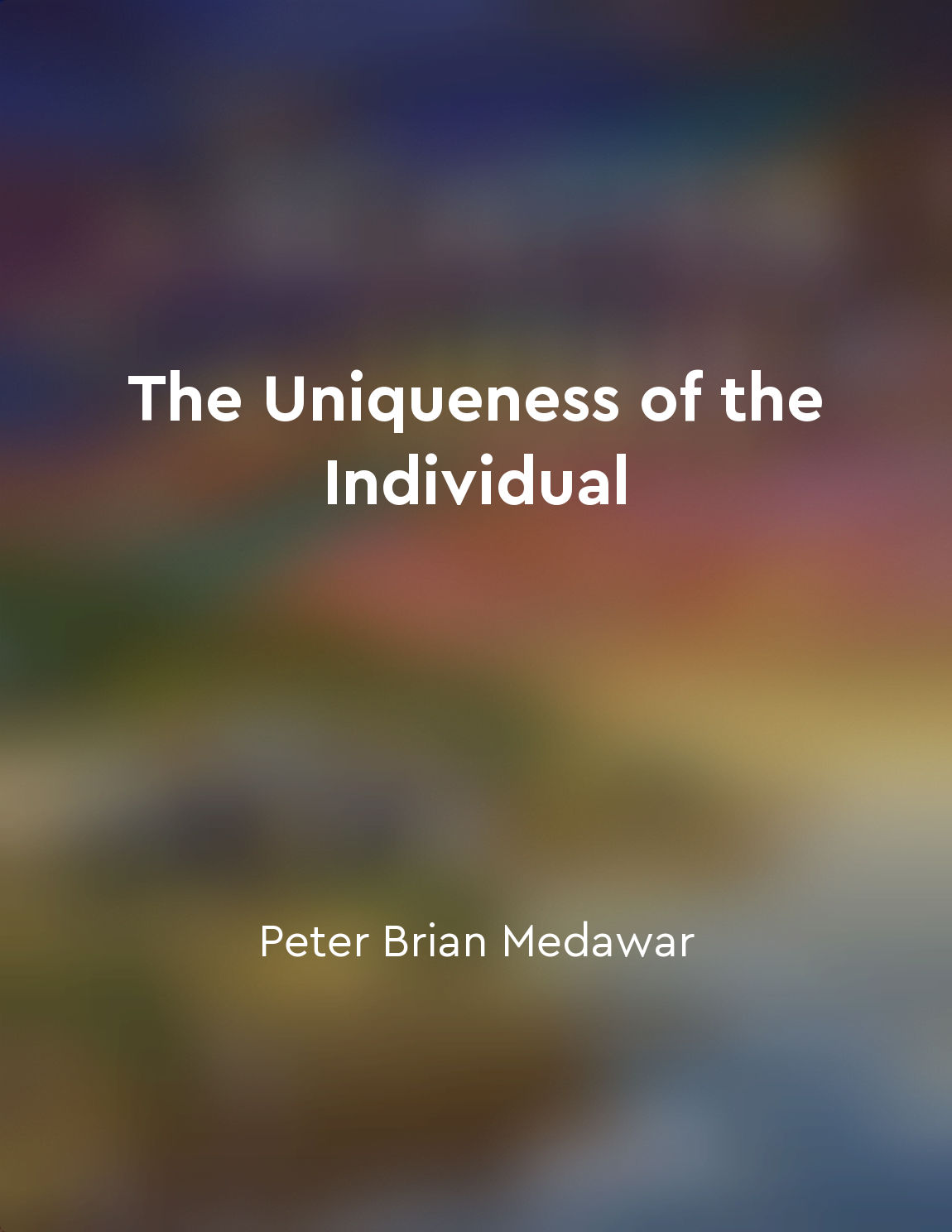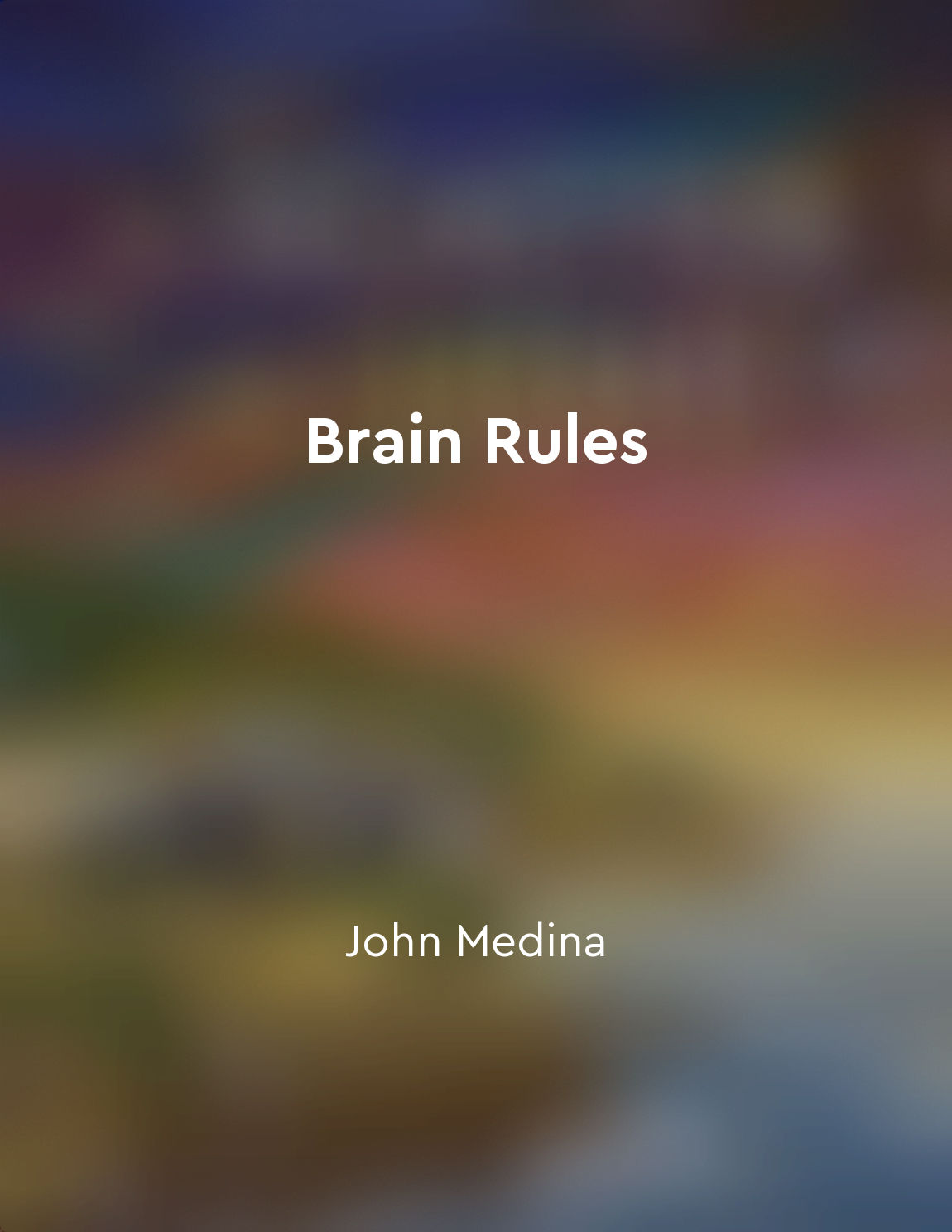Audio available in app
Evolutionary theory helps explain crosscultural similarities and differences in behavior from "summary" of The Handbook of Evolutionary Psychology, Volume 1 by David M. Buss
Evolutionary theory provides a powerful framework for understanding why humans across different cultures exhibit both similarities and differences in behavior. By examining human behavior through an evolutionary lens, we can gain insights into the underlying mechanisms that drive our actions and decision-making processes. These insights can help us make sense of the diverse range of behaviors observed in different cultures around the world. One key concept in evolutionary psychology is the idea that many of our behaviors are shaped by natural selection. This means that behaviors which helped our ancestors survive and reproduce in their environments were more likely to be passed down to future generations. As a result, certain behaviors became widespread across human populations, leading to cross-cultural similarities in behavior. At the same time, evolutionary theory also acknowledges that different environments can exert unique selection pressures on populations, leading to the development of specific behaviors that are adapted to local conditions. This can explain why certain behaviors may be more prevalent in some cultures compared to others. For example, cultural practices related to food consumption or mating behaviors may vary depending on the ecological challenges faced by different groups of people. Moreover, evolutionary psychology highlights the role of both genetic and environmental influences on behavior. While our genes provide a foundation for certain behavioral tendencies, our cultural upbringing and social experiences can further shape and modify these tendencies. This interaction between genes and environment helps to account for the diversity of behaviors observed across cultures.- We can gain a deeper understanding of the universal principles that underlie human behavior. This approach allows us to appreciate the richness and complexity of human cultural diversity while also recognizing the common threads that connect us as a species. Ultimately, evolutionary theory provides a valuable tool for unraveling the intricate relationship between biology, culture, and behavior in the human experience.
Similar Posts

The study of archaeological evidence can help us reconstruct past human societies
Archaeology provides a window into the lives of ancient peoples. By studying artifacts left behind by past societies, archaeolo...

Selfexpression is a celebration of individuality
The act of selfexpression is akin to a joyous revelry in the unique essence of each individual. It is a vibrant celebration of ...

Money is a fictional concept that maintains social order
Money is a curious thing. It is not a physical reality like a tree or a rock. You cannot eat it, drink it, or wear it. Yet, it ...
Social networks influence our choices
The people around us have a significant impact on the decisions we make in our lives. Whether we realize it or not, our social ...

Exploration is essential to brain development
Exploration is essential to brain development. The brain is constantly seeking out new information and experiences to stimulate...
Natural selection favors genes that enhance their own survival
The genes that survive are not necessarily the ones that produce the most successful organisms. They are the ones that are good...
Historical events shape societal trajectories
The course of history is not a random sequence of events. Rather, it follows a discernible pattern, shaped by the unique interp...
Cognitive biases can affect decisionmaking
Cognitive biases refer to the systematic errors in thinking that can affect our decision-making process. These biases are a res...
Having more choices does not always lead to greater happiness
The idea that having more options can sometimes lead to less satisfaction may seem counterintuitive. We often assume that the m...

